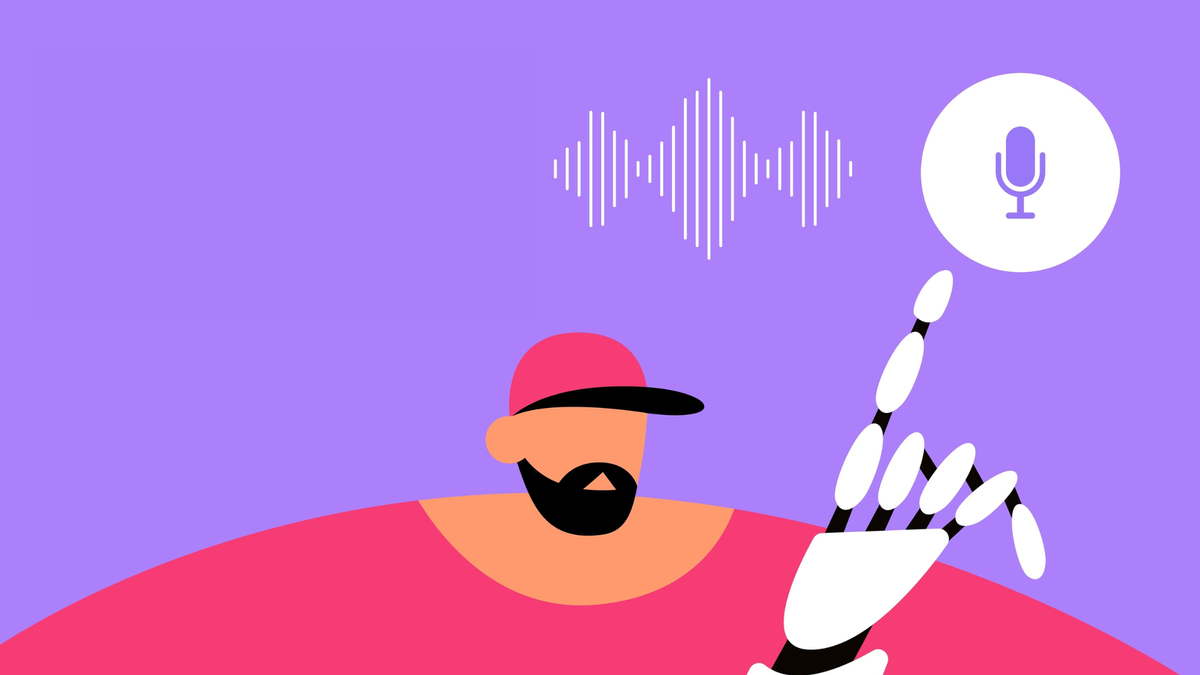Organisations from across the music industry have welcomed proposals in both the US House Of Representatives and the state of Tennessee that seek to allow people to control their likeness and voice in the context of AI.
That included the Human Artistry Campaign, whose Senior Advisor Dr Moiya McTier said: “The most unique and foundational aspects of any person’s individuality should never be misappropriated or used without consent”. The new legislative proposals, therefore, are “a massive step forward in protecting people, culture and art”.
The use of generative AI to generate voice clones has prompted increased debate in the last year about how artists can protect their voices. Copyright might help to an extent, but the copyright obligations of AI companies remain in dispute, plus many artists do not own the copyright in their music. That has put the spotlight on publicity or personality rights.
It’s thought that these rights should allow artists to control – and, if they so wish, monetise – the use of their voice and likeness. However, quite how publicity rights work and what specific protection they provide varies around the world, and in the US from state to state.
As a result, the American music industry has been increasingly calling for a new US-wide federal law that clearly states that artists can control both their voice and their likeness. Which is exactly what the No AI FRAUD Act introduced into the House yesterday would do. It states that “every individual has a property right in their own likeness and voice”.
Although a particular priority for the American music industry, these rights – which, of course, also allow people to control the use of AI to generate images and videos that feature their likeness – are important for performers across the entertainment business. And, indeed for citizens in general, given the use of voice clones and deepfakes can impact on a person’s reputation as well as their ability to monetise their creativity.
Similar laws have already been proposed in the US Senate under the banner of the NO FAKES ACT. Meanwhile, Tennessee Governor Bill Lee yesterday unveiled updates to his state’s existing personal rights law which will specifically protect the voices of performers.
The latter proposals are titled the Ensuring Likeness Voice and Image Security Act – because, you know, in abbreviated form that makes it the ELVIS Act.
Introducing that act, Lee stated: “From Beale Street to Broadway, to Bristol and beyond, Tennessee is known for our rich artistic heritage that tells the story of our great state. As the technology landscape evolves with artificial intelligence, we’re proud to lead the nation in proposing legal protection for our best-in-class artists and songwriters”.





